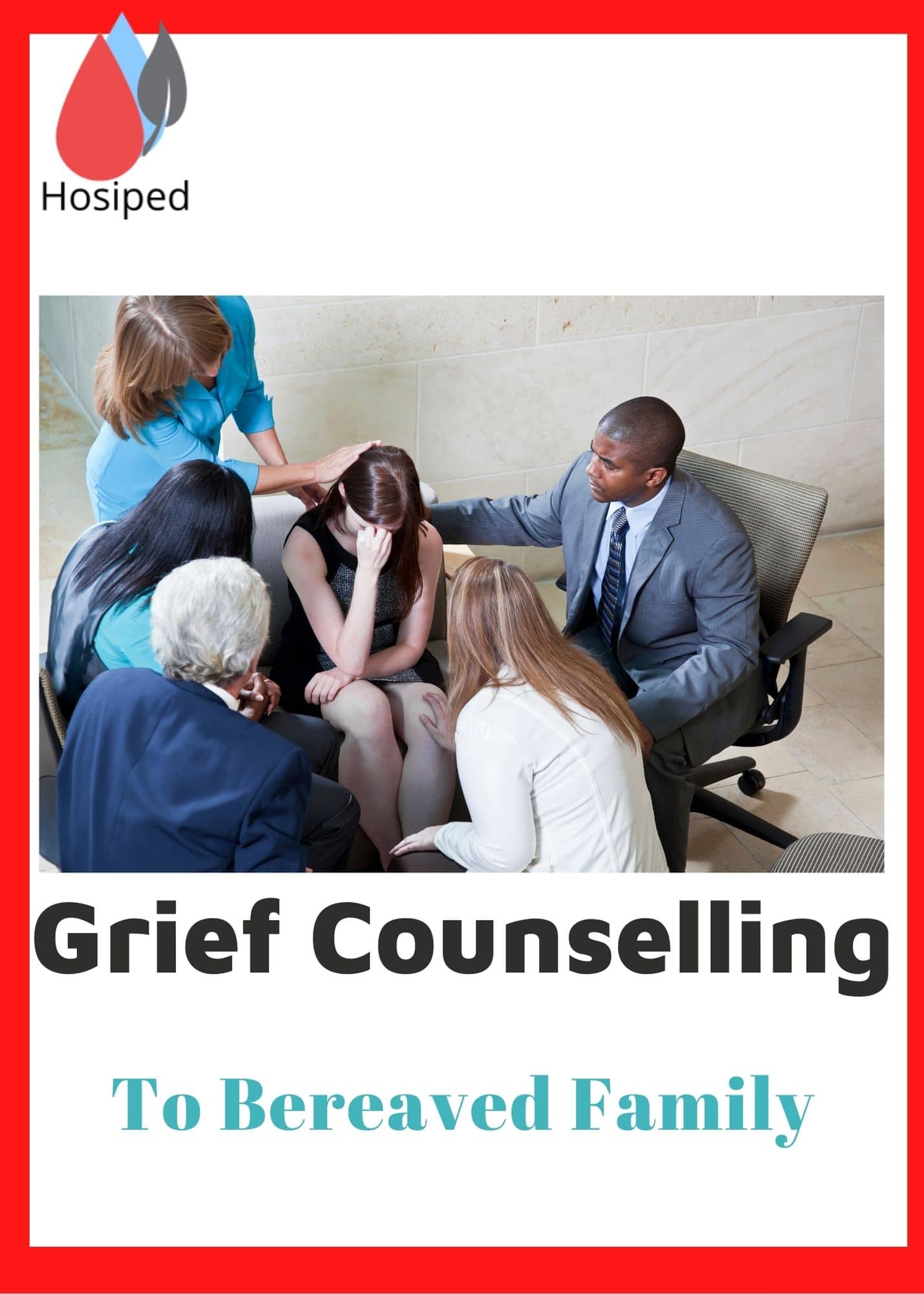
When someone is dying, families are often in a state of shock and disbelief. It may be comforting to speak openly with them about their feelings and concerns as they prepare for the funeral arrangements ahead. Some people find it helpful to talk through what kind of service would honor this person’s life or simply hold an open conversation while sitting side-by-side on the couch together remembering aspects that made him/her special.
What should you say when your family member has just been diagnosed?
The news that the death of a loved one is about to happen can be an overwhelming experience for the entire family. When the news reach you that you loved one is suffering from a terminal illness and is about to die, the first reaction that most people have is anger and denial as well as more constructive emotions like sadness or peace.
Stages of Grief that family goes through when their loved one is dying
Collectively, there are 5 stages that family members of a dying relative will go through:
Protest- this stage usually lasts 2 to 3 weeks where the family member may be angry at their situation, clinging onto hope they had before; eventually reality starts sinking in.
Acceptance- during this time people often get back into daily routines with some relief from the emotional upheaval related with the information that their relative is dying.
Sadness/depression -friends & support systems help them start feeling better but they’re still not over what happened Depression turns into acceptance after about 6 months.
Anger- when confronted by something frustrating related to loss which triggers memories associated with the amount they have spent with the dying person.
While all these stages can have a lot of emotional burden on the family, do not delay in telling them the truth.
Going through these stages before the person dies is good because they will have accepted that their relative is dying even before it actually happens. Once they have accepted, they have the energy to face the dying person and to assure them of their love.
You want family members of a terminally-ill individual to provide support during this difficult time by staying informed on statistics related to death, telling stories from previous experiences where people have died peacefully, encouraging religious activities like praying together before sleep which give comfort through faith after all else fails; but most importantly: don’t lie!
So, if the patient has a terminal illness, tell them. This way, they are going to make key decisions on whether the patient is going to die at home or in the hospital. They will also get ready to take care of the dying person.
What to say to the family of dying person
- The first thing you need to do is be there for them. Your presence matters a lot. At times, you do not have to say anything but by being seen, you have already done a great deal in consoling them.
- Hold their hands—Other than your presence, you need to hold their hands and even offer them a shoulder to cry on if that is what they want.
- Listen to their stories—as they open up about the intimacy and love they had for the dying relative, people will talk. Be ready to listen to them. You could also politely probe them by asking them of the memories they have of the relative
- Let them cry—do not discourage them from crying or doing any other emotional thing that they might want to do. Let them do it since it heals them from the emotional burden.
- Tell them that the person will rest in a good place—assure them that the dying is going to end up in a good place where there is no pain, medications or anything that will perturb them.
- Tell them that you are with them throughout the entire process—Console the family by telling them that you will be with them throughout the difficult period that they are going through.
What to say to the dying person
It’s important to be sensitive and supportive when a loved one is dying. However, it can also help the patient if they know that you are being honest with them about their prognosis and what may happen next in their life as well as your feelings. Be sure not to say anything offensive or hurtful though because this will only make things worse for everyone involved–especially the person who is ill.
- Tell them that you love them
- Tell them that they are going to a good place
- Tell them that you will be with them throughout the entire process
- Assure them that everything will be okay even when they are gone.
- Write a note to them assuring them that they were loved
- Remind them of past memories when you enjoyed being with them.
We always advise families of someone who is having a terminal illness to take their relative to a hospice where the caregivers know the right thing to say to the dying person. The caregivers are also equipped with grief counselling and therefore they will be able to comfort you through the process. If you remain at home, you might not get the same care as you would have received in the hospice.







